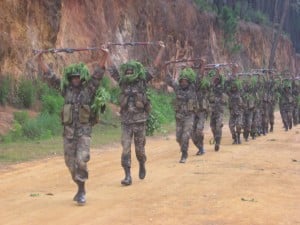Deakin University Anthropology Seminar Series, May 7, 2015
Dr Geoff Boucher, School of Communication and Creative Arts, Deakin University
Abstract: According to Habermas, the industrialised democracies have become “post-secular societies,” defined as societies that have been through the experience of secularisation, but which have now, in light of the persistence of faith convictions, abandoned the expectation of the withering away of the Abrahamic religions. Against the background of a worldwide resurgence of political religion, reflected in the academic revival of political theology, the notion of the post-secular has triggered important debates around the constraints on religious mobilisation in multi-faith societies with secular states. In this context, despite his politically liberal insistence on the protection of democratic citizens from coercion based on faith convictions through the limitation of political religion to public debate only, Habermas surprisingly often lines up with neo-conservative positions on the permanence of traditional forms of religion and on civilizational unity. In this paper, I want to outline a sympathetic critique of the three positions that I think lead Habermas to these conclusions, and to examine how some proposed modifications might affect the question of the legitimate role of religious convictions in the public sphere.
Bio: Dr. Geoff Boucher is Senior Lecturer in Literary Studies at the School of Communication and Creative Arts, Deakin University. He works across continental philosophy, social theory and literary studies to investigate the constructive role of cultural innovation, especially in literary works, in the public sphere and in the cultural underpinning of democratic politics. His work includes research into psychoanalytic theory, particularly Lacanian psychoanalysis, and critical theories of society developed by the Frankfurt School and its associates. He is also an expert on the work of internationally celebrated philosopher Slavoj Zizek, and has engaged in debate in printed form with Zizek on several occasions.
Where: Deakin University, Geelong Waterfront Campus, Sally Walker Building, Seminar Room ad1.122. A map of the campus can be found here: http://www.deakin.edu.au/__data/assets/pdf_file/0019/330364/waterfront.pdf
The session will also be video-linked to the Burwood Campus, room C7.06, via Virtual Meeting Point (VMP) 5223 9354.
When: Thursday, May 7, 5.00-6.50pm
All welcome. After the seminar, please join us for drinks/dinner at the Max Hotel, Gheringhap Street.


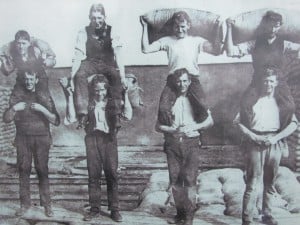
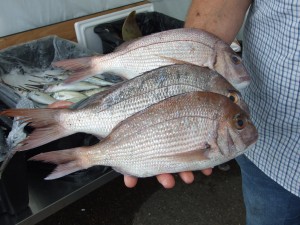
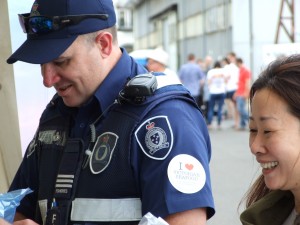
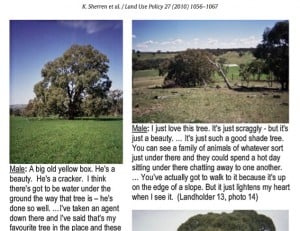
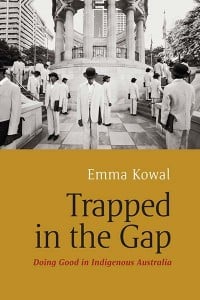 happens when well-meaning people, supported by the state, attempt to help without harming. ‘White anti-racists’ find themselves trapped by endless ambiguities, contradictions, and double binds — a microcosm of the broader dilemmas of postcolonial societies. These dilemmas are fuelled by tension between the twin desires of equality and difference: to make Indigenous people statistically the same as non-Indigenous people (to ‘close the gap’) while simultaneously maintaining their ‘cultural’ distinctiveness. This tension lies at the heart of failed development efforts in Indigenous communities, ethnic minority populations and the global South. This book explains why doing good is so hard, and how it could be done differently.
happens when well-meaning people, supported by the state, attempt to help without harming. ‘White anti-racists’ find themselves trapped by endless ambiguities, contradictions, and double binds — a microcosm of the broader dilemmas of postcolonial societies. These dilemmas are fuelled by tension between the twin desires of equality and difference: to make Indigenous people statistically the same as non-Indigenous people (to ‘close the gap’) while simultaneously maintaining their ‘cultural’ distinctiveness. This tension lies at the heart of failed development efforts in Indigenous communities, ethnic minority populations and the global South. This book explains why doing good is so hard, and how it could be done differently.